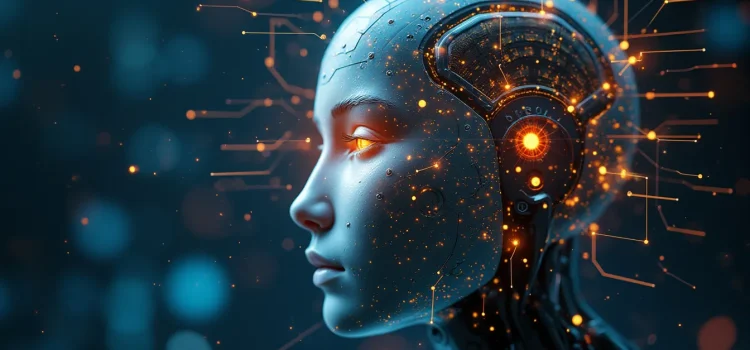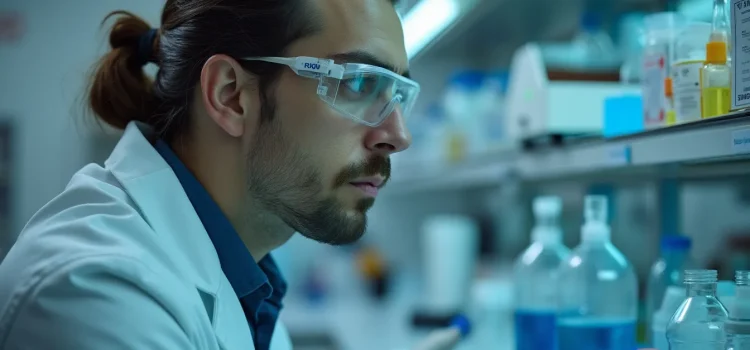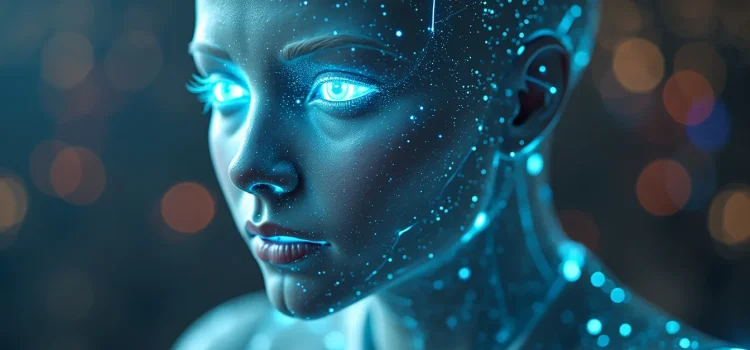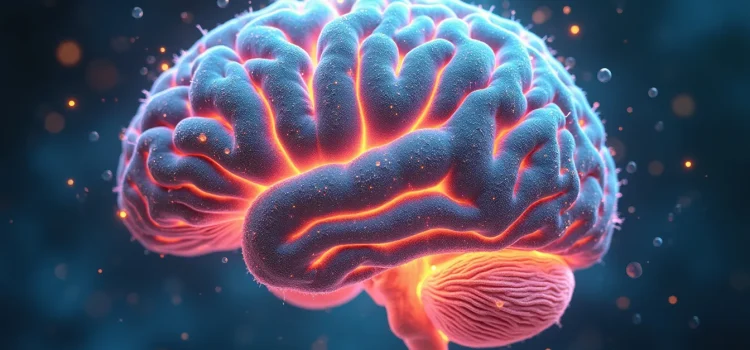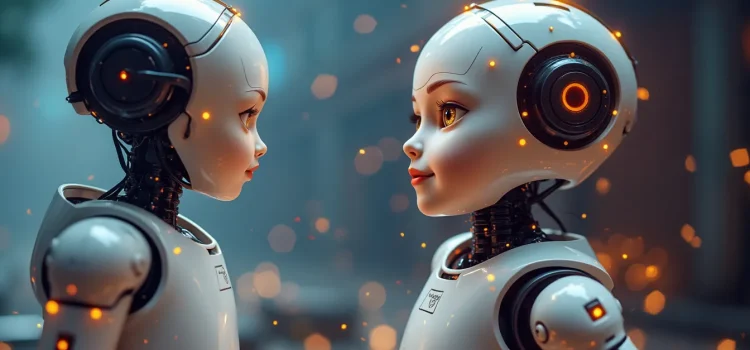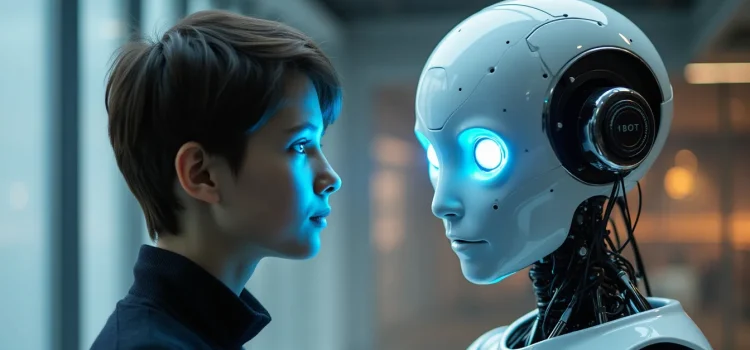Are you worried about the rapid advancement of artificial intelligence? Can we ensure AI benefits humanity rather than harms it? In his book Scary Smart, Mo Gawdat explores the potential risks and rewards of AI development. He argues that, while we can’t stop AI’s progress, we can shape its future by changing our own behavior and values. Read our Scary Smart book overview to discover Gawdat’s insights on how we can guide AI towards a positive future for humanity.
Scary Smart: Book Overview & Takeaways (Mo Gawdat)



